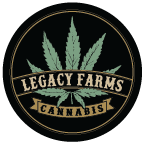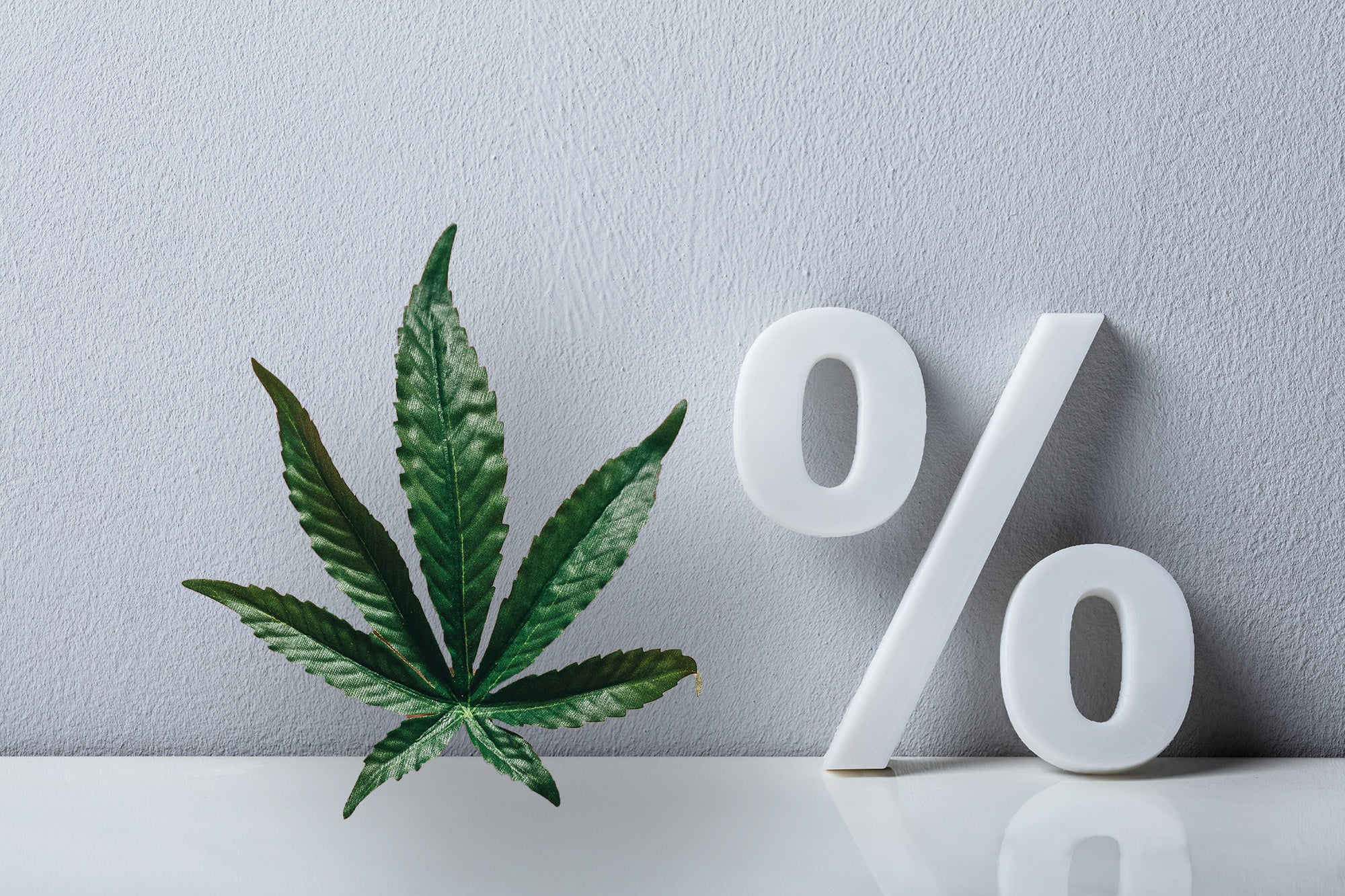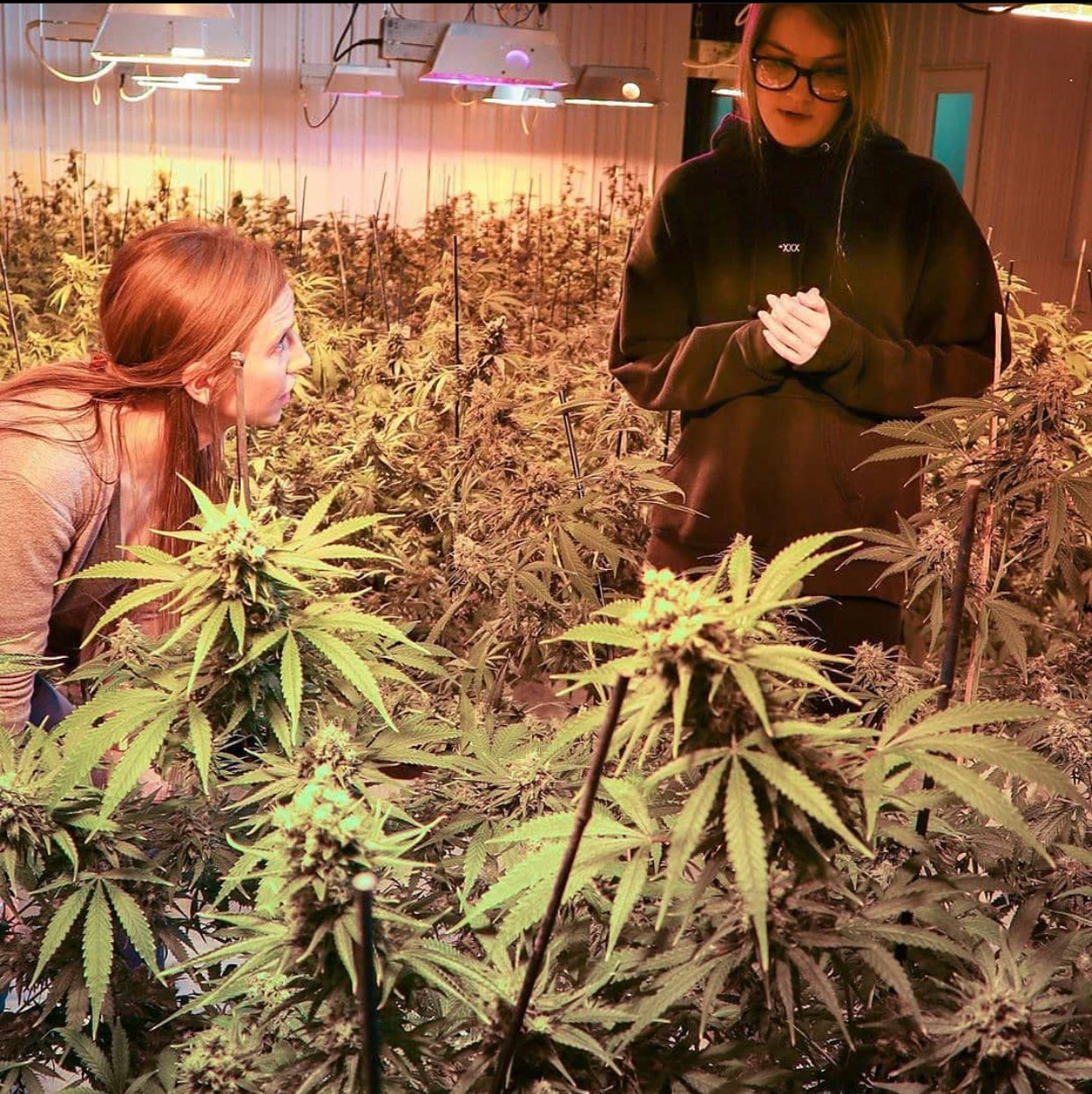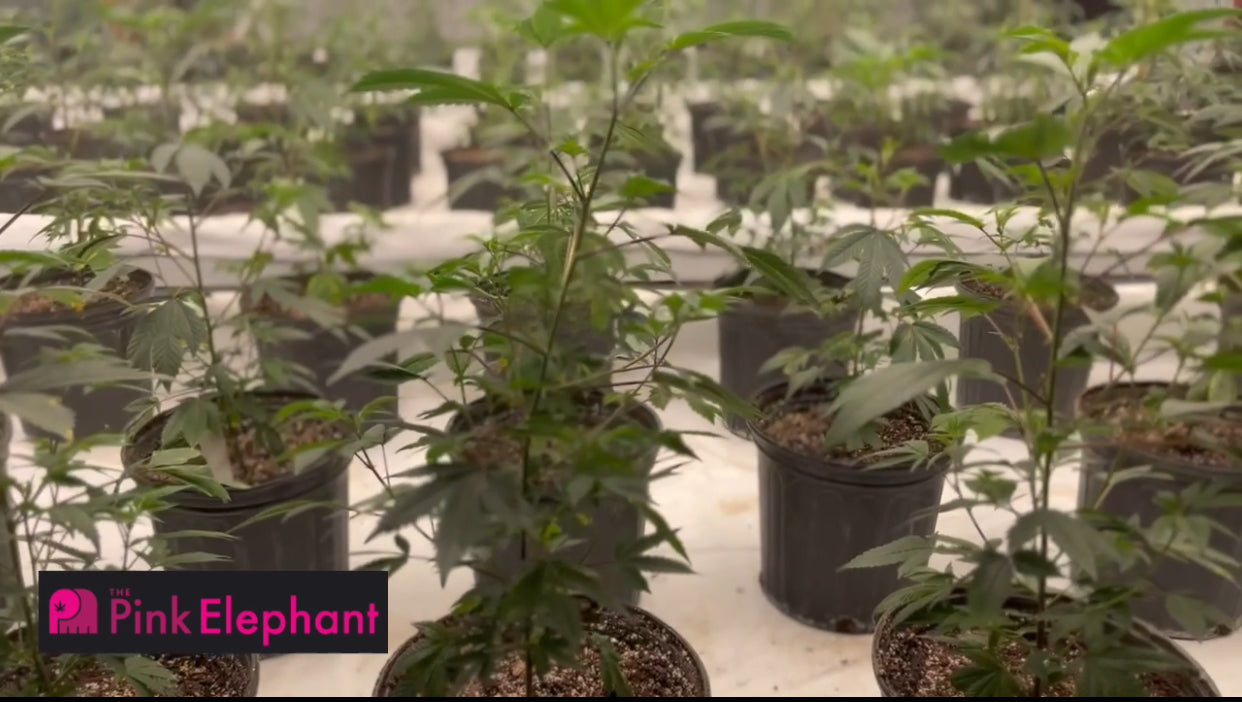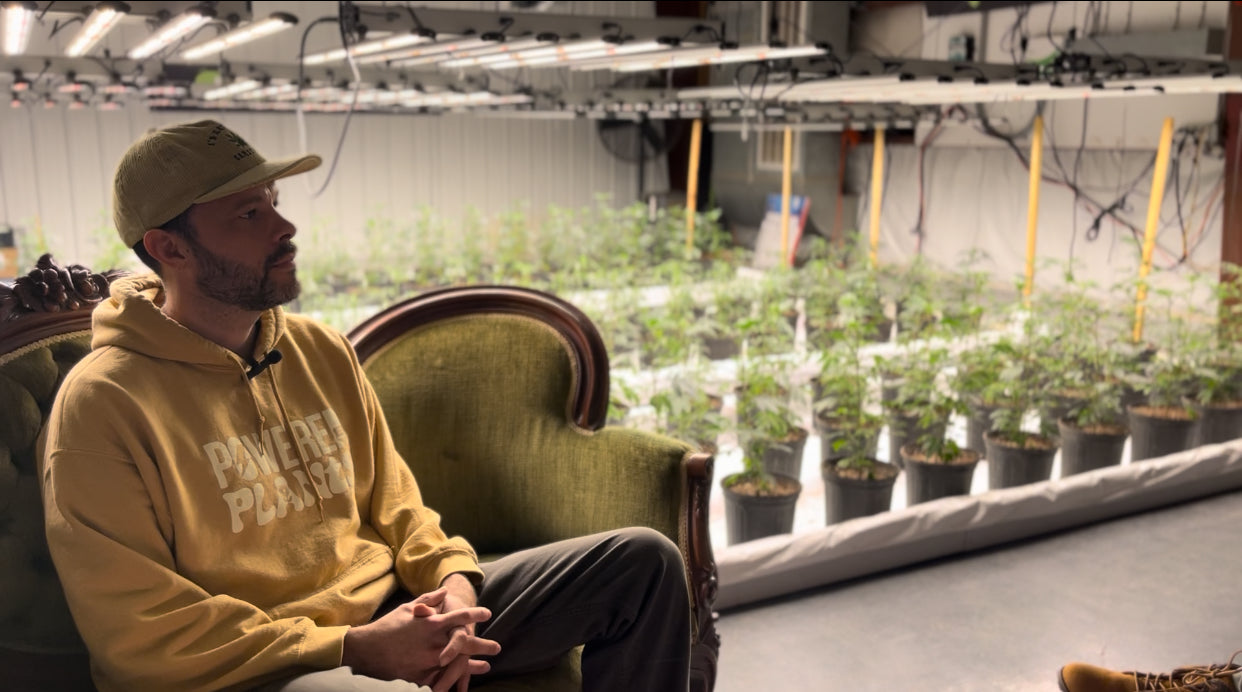Article: THCA Flowers Legality and Emergence on the Market
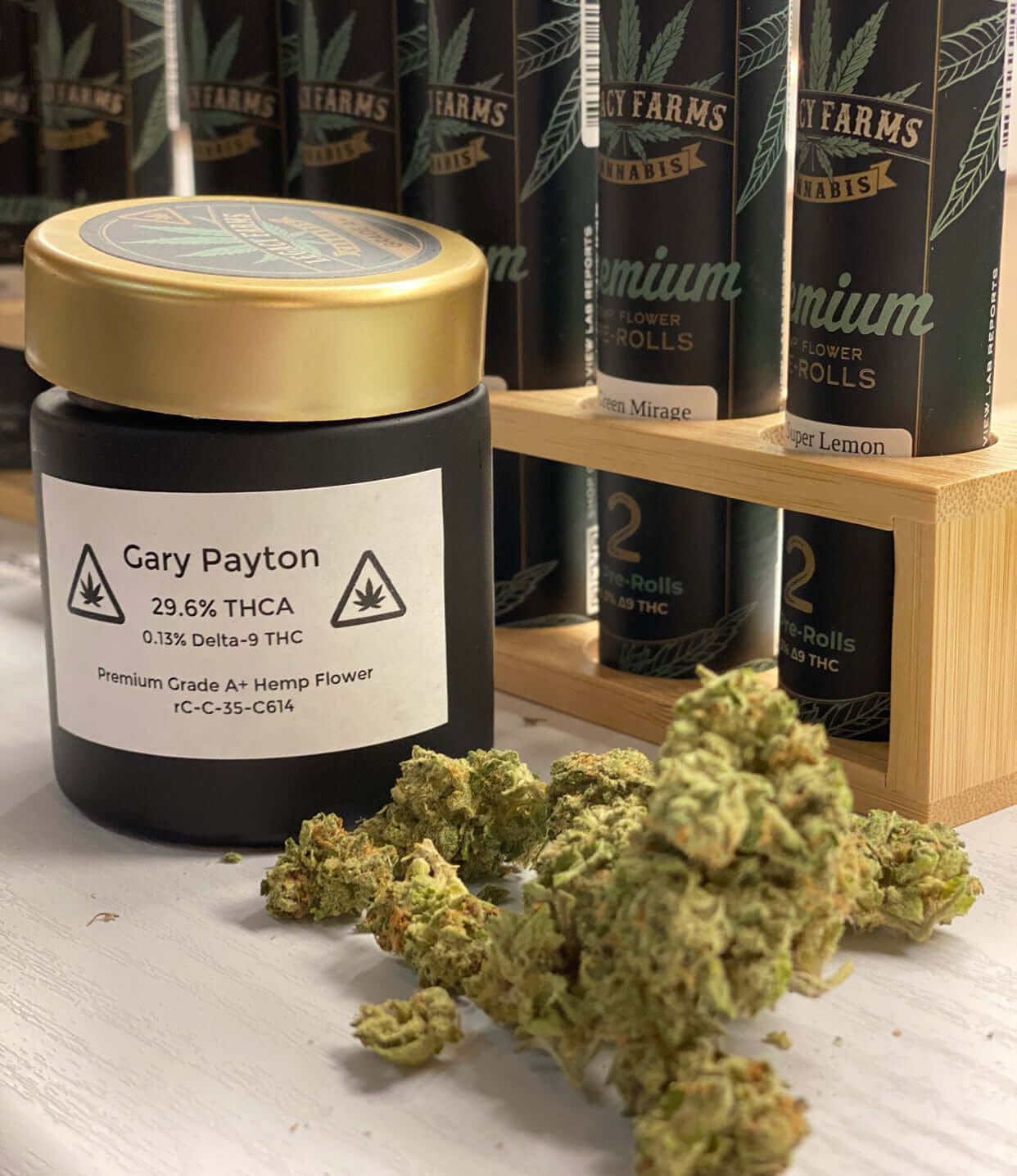
THCA Flowers Legality and Emergence on the Market
Discussing THCA Flower’s Legality and Its Emergence on the Market
The legality of THCA flower in the United States has been a hot topic of discussion as of late, as the popularity of THC-rich cannabis products continues to rise. THCA (tetrahydrocannabinolic acid) is the non-psychoactive precursor to THC (tetrahydrocannabinol), the main psychoactive component in cannabis. THCA is naturally found in raw cannabis flower, and it is the precursor to THC when the flower is heated through a process known as decarboxylation. While THC is currently prohibited in all forms under federal law, THCA flower is not explicitly illegal in most states, and it is gaining traction as an alternative to marijuana products for therapeutic purposes.
In order to understand the legality of THCA flower in the United States, it is important to understand the current legal landscape of cannabis in the country. The federal government currently classifies cannabis as a Schedule I drug under the Controlled Substances Act (CSA). This means that cannabis is considered a dangerous drug with no accepted medical use and a high potential for abuse. As a result, cannabis is prohibited in all forms under federal law, and possession and distribution are subject to criminal penalties. Despite the federal ban on cannabis, many states have passed their own laws legalizing cannabis for medicinal or recreational use. As of the writing of this article, 33 states and the District of Columbia have legalized cannabis for medical purposes, while 11 states and the District of Columbia have legalized cannabis for recreational use.
Furthermore, many of these states have adopted laws that allow for the sale of
cannabis products, including THCA flower. In states that have legalized cannabis for medicinal or recreational purposes, THCA flower is generally legal to possess and use. However, the legality of THCA flower in these states is subject to certain restrictions. For instance, in states that have legalized cannabis for medicinal use, THCA flower may only be sold to individuals with a valid medical marijuana card. Additionally, in states that have legalized cannabis for recreational use, THCA flower is typically subject to the same restrictions as other cannabis products, such as age restrictions and limits on the amount that can be purchased at one time. In states that have not legalized cannabis for medicinal or recreational use, the legality of THCA flower is less clear. In many of these states, cannabis is still classified as an illegal substance and possession, or use is subject to criminal penalties. However, in some of these states, there have been recent attempts to pass legislation that would decriminalize or legalize the possession and use of cannabis products, including THCA flower. For example, North Carolina has a law that decriminalizes the possession of up to four ounces of cannabis, including THCA flower, for those 21 years of age and older. Overall, the legality of THCA flower in the United States is largely dependent on the state in which it is being purchased or used. In states that have legalized cannabis for medicinal or recreational use, THCA flower is generally legal to possess and use, though it may be subject to certain restrictions. In states that have not legalized cannabis for medicinal or recreational use, the legality of THCA flower is less clear and may be subject to criminal penalties. Those considering purchasing or using
THCA flower should always check their state laws to make sure they are in compliance. In the retail dispensaries The Hemp Farmacy has we consistently here about the struggles of law enforcement and the transition to a marketplace with some forms of legalized cannabis, while others are still considered illegal. Most recently we were contacted by a Defense Attorney in the local area looking for help. There have been more and more arrests in which officers are asking people they have pulled over “Give me your Marijuana”, and if the person hands them any form of cannabis it is considered admission of guilt, even if the product is hemp derived. This type of mentality in the South is very common, and persistent. Change is inevitable, and during this time it is very important us retailers and educated industry leaders take the time to educate our
customers.
